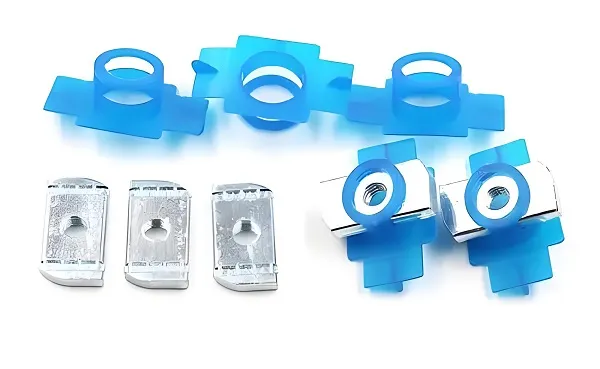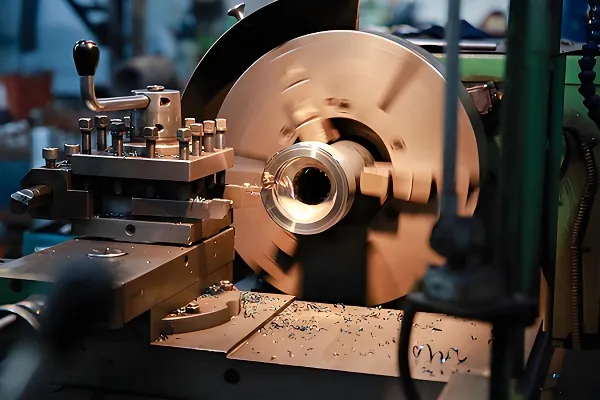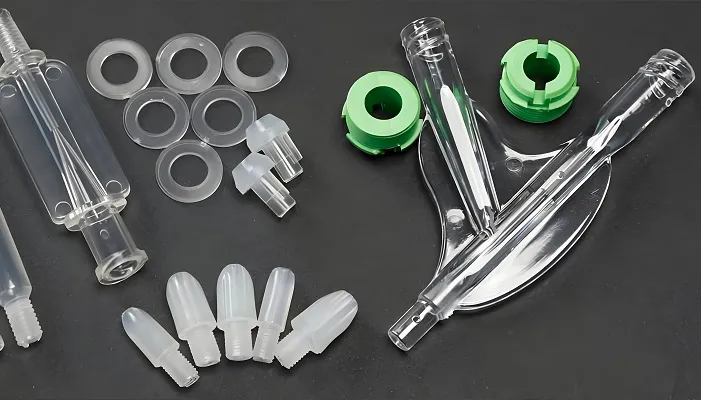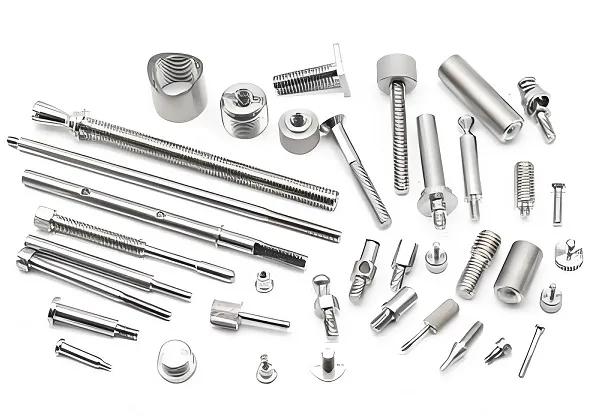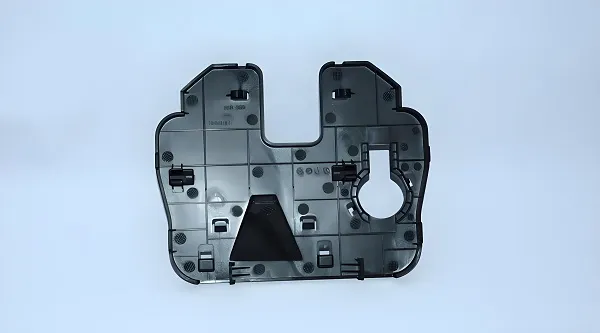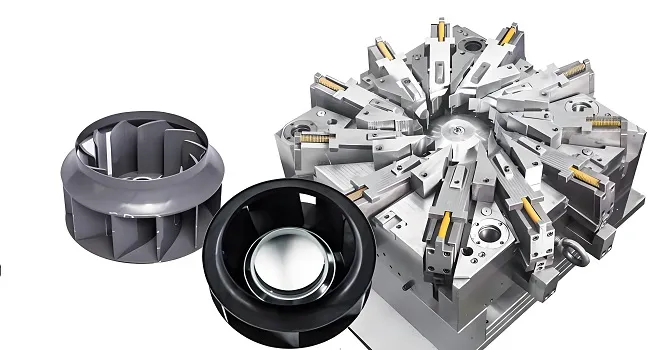In the realm of manufacturing, plastic injection molding has emerged as a cornerstone process for producing high – quality plastic parts. China, with its advanced manufacturing capabilities, experienced workforce, and cost – effective production models, has become a global hub for plastic injection molding parts suppliers. These suppliers offer a wide range of services, from material selection to the final product delivery, catering to diverse industries such as automotive, electronics, and consumer goods. This article aims to provide a detailed overview of the key aspects related to China’s plastic injection molding parts suppliers, including material differences, custom – made case studies, surface treatment, and the overall custom – making process.
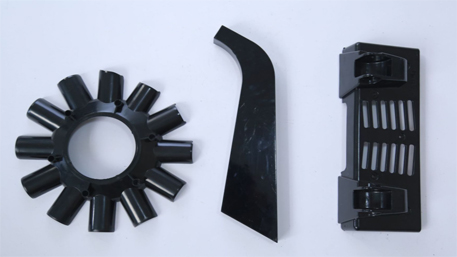
ABS/PP/PC Material Differences
| Material | Density (g/cm³) | Tensile Strength (MPa) | Applicable Scenarios |
|---|---|---|---|
| ABS | 1.04 – 1.06 | 35 – 50 | Widely used in automotive interior parts, electronic device housings, and toys due to its good impact resistance, processability, and surface finish. |
| PP | 0.89 – 0.91 | 26 – 35 | Commonly applied in packaging, household appliances, and medical equipment because of its low density, chemical resistance, and flexibility. |
| PC | 1.20 – 1.22 | 55 – 75 | Ideal for applications requiring high impact strength, transparency, and heat resistance, such as safety helmets, optical lenses, and automotive headlamp covers. |
Engineer’s Material Selection Advice
- For applications where cost – effectiveness and good overall performance are required, ABS is a great choice.
- When low – density and chemical – resistant properties are crucial, PP should be considered.
- In cases demanding high – strength and heat – resistant materials, especially with transparency needs, PC is the preferred option.
Plastic Parts Custom – Made Case: Customer Testimony
Our client, a well – known electronics company, was facing a significant challenge with their previous plastic parts supplier. The original supplier frequently delayed deliveries, which disrupted the client’s production schedule and led to lost business opportunities. Moreover, the parts they provided failed to meet the strict tolerance requirements of ±0.05mm, resulting in a high rejection rate.
When the client turned to our China plastic injection molding parts suppliers, we introduced our 5 – axis precision machining process. This advanced process enabled us to precisely control the dimensions of the plastic parts, ensuring they met the ±0.05mm tolerance. Through strict quality control and efficient production management, we were able to significantly improve the situation.
The results were remarkable. The client witnessed a 27% increase in the product’s yield rate. Our on – time delivery rate reached nearly 100%, which helped the client resume normal production and regain their market competitiveness.
Surface Treatment Processes
Surface treatment is an important step in plastic injection molding parts production, which can improve the appearance, performance, and durability of the parts. Common surface treatment processes include:
- Painting: It can provide various colors and a smooth surface finish, enhancing the aesthetic appeal of the parts. Additionally, it can offer a certain degree of protection against scratches and chemicals.
- Plating: Electroplating or electroless plating can add a metallic layer to the plastic surface, improving conductivity, corrosion resistance, and wear resistance.
- Texturing: Creating textures on the plastic surface can increase grip, reduce glare, and add a unique visual effect.
Plastic Parts Custom – Made Process
- Requirement Consultation: The customer communicates their specific requirements, including part design, material selection, quantity, and application scenarios.
- Design and Engineering Analysis: The supplier’s engineering team conducts a detailed analysis of the design, optimizing it for injection molding processes, and provides suggestions for improvement.
- Mold Manufacturing: Once the design is finalized, the mold for the plastic part is manufactured with high precision to ensure the quality of the final product.
- Injection Molding Production: The selected plastic material is injected into the mold under high pressure, and the parts are formed according to the mold’s shape.
- Quality Inspection: Each part undergoes strict quality inspections to ensure it meets the specified standards.
- Delivery: After passing the inspection, the parts are packaged and delivered to the customer in a timely manner.
Plastic Parts Custom – Made FAQ
Q1: How long does the mold manufacturing process usually take?
A: The mold manufacturing time depends on the complexity of the part. Generally, it can take from a few weeks to a few months.
Q2: Can you produce small – batch custom plastic parts?
A: Yes, our suppliers are capable of handling both small – batch and large – scale production to meet different customer needs.
Q3: What is the minimum order quantity?
A: The minimum order quantity varies according to the part design and material. Our sales team can provide you with specific information after understanding your requirements.

